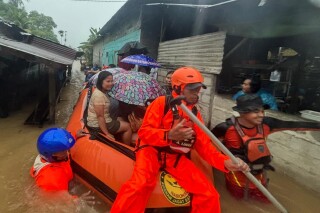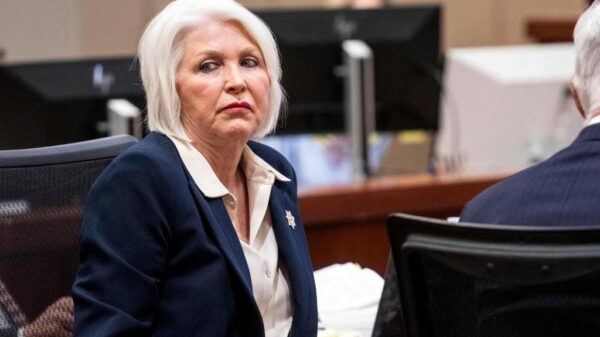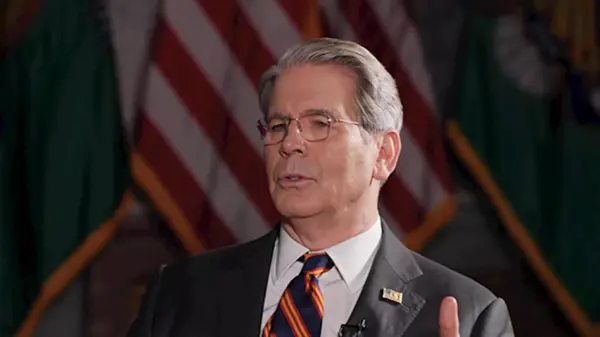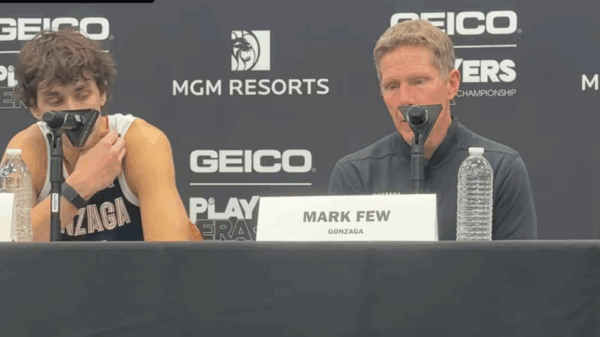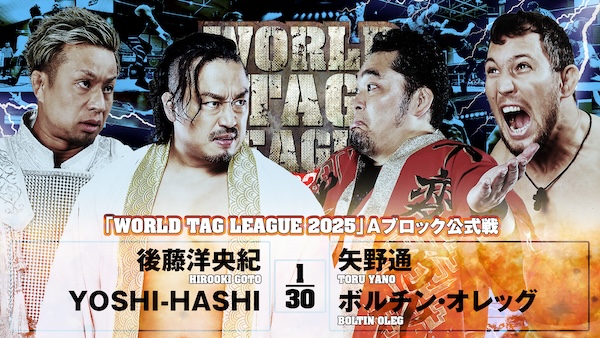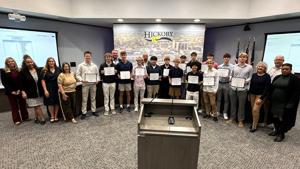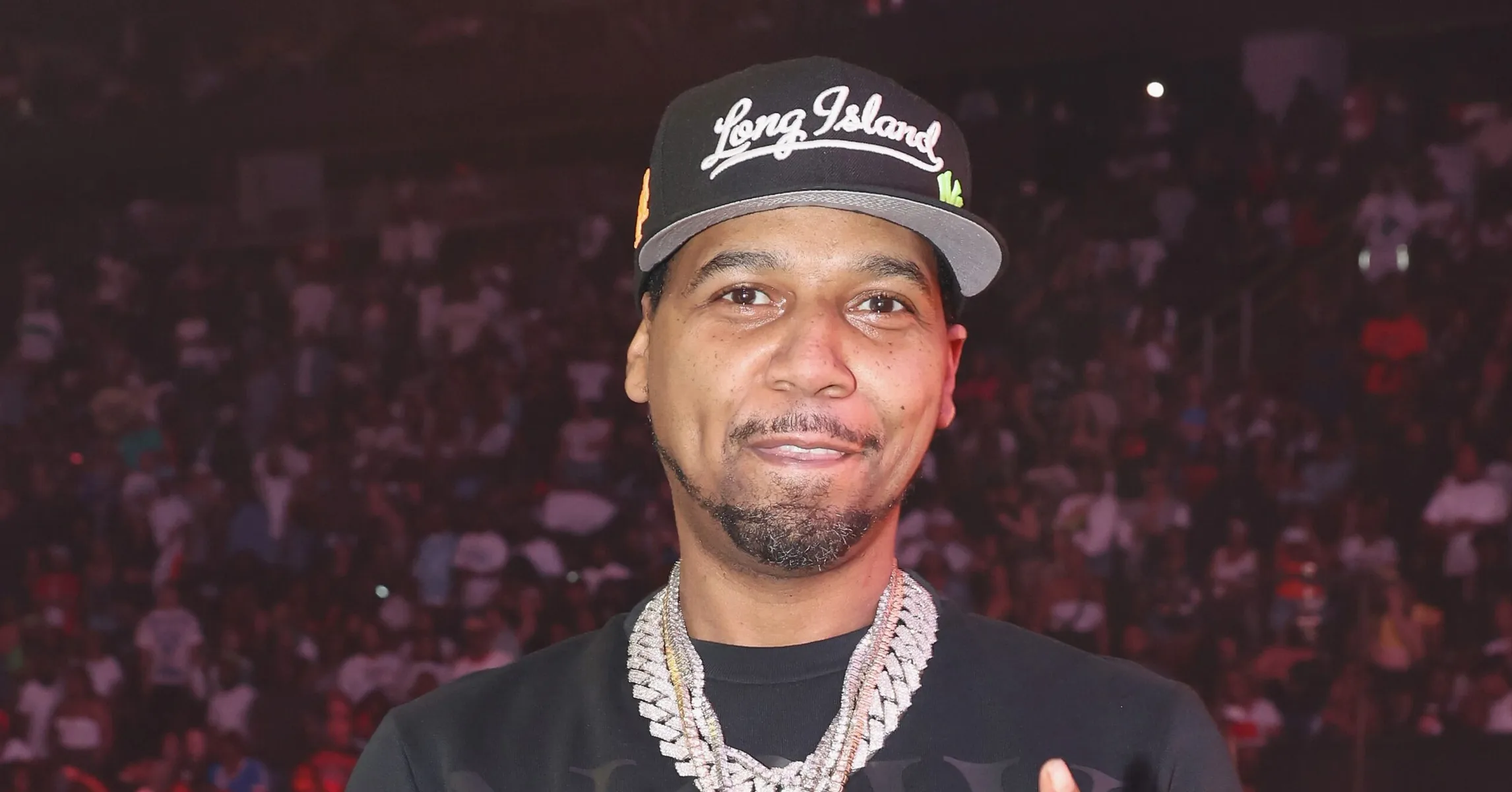Juelz Santana has sparked a significant debate about education priorities during a recent episode of the No Funny Sh*t podcast. The musician expressed his belief that financial literacy should take precedence over traditional reading skills in school curricula. Santana argues that by the time students reach ninth grade, they should focus on learning how to start businesses rather than emphasizing reading.
When discussing the importance of different subjects, Santana stated, “Math,” he declared. “You could listen to a book on YouTube. You can still obtain the information. You don’t have to know how to read.” This comment has ignited discussions on the value of reading in a modern educational context, particularly when it comes to understanding complex materials like contracts.
In a further elaboration of his views, Santana described himself as a “common sense n***a,” suggesting that practical knowledge and street smarts are more valuable than academic qualifications. He emphasized the importance of understanding people and the world around us, noting that modern technology allows for alternative ways of gaining knowledge. “Nowadays, you can listen to a book,” he explained, revealing that the last book he read was Robert Greene’s The 48 Laws of Power.
This stance drew a counterargument from co-host Kenny “KP” Supreme, who pointed out that reading is essential for understanding contracts. Santana responded by questioning the necessity of reading in certain scenarios. He argued that individuals who claim others cannot read their contracts often rely on lawyers for interpretation. “Reading is just when people want to embarrass you and try to play you,” he insisted.
The discussion on education is not the only recent controversy Santana has engaged in. Earlier this year, he addressed the ongoing feud between fellow rappers Cam’ron and Jim Jones, asserting that “nobody wins when the family feuds.” His remarks reflect a broader concern about the impact of interpersonal conflicts within the music industry.
As the conversation around education and literacy continues to evolve, Santana’s perspective adds a provocative dimension to discussions on how best to prepare young people for success in a rapidly changing world. His emphasis on practical skills over traditional literacy resonates with some educators and parents, while others maintain that reading remains an essential foundation for learning and understanding.


